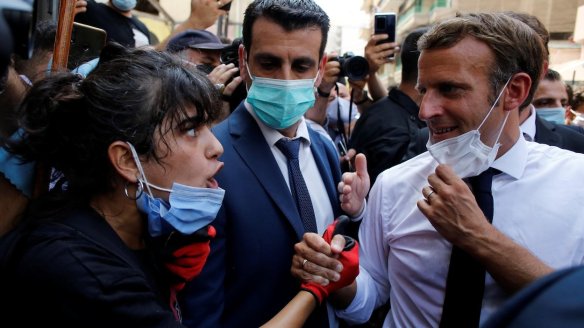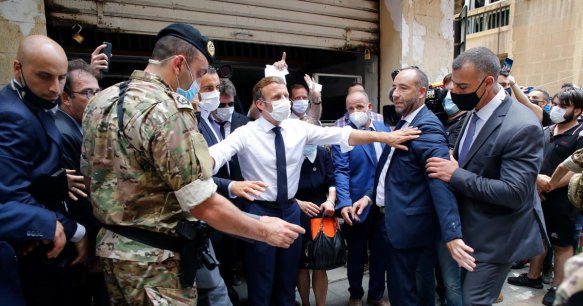This is what I came for, and this is what I found. (I congratulate myself on my research and travel planning, it took me a while to find this spot.)
I left Porto at 11 am this morning and took the train to Aveiro, a town 15 km south. The trip took one hour and a round trip ticket cost me 7 euros. From Aveiro station I took a 15 mn taxi ride to this small beach resort called Praia da Barra where I am right now. From the moment I stepped out of the taxi to the moment I fell onto my hotel room bed from sheer and happy exhaustion, my mouth has been hanging open in awe. I’m awestruck.
First impressions? Everything is super clean and orderly. Friendly laidback people. Zero stress/tension. The smell of brine and grilling fish. The ocean up close. Fine white sand beaches … uncrowded!
I checked into the hotel and literally ran straight outside again, so eager I was to walk the long jetty past the lighthouse and feel the wind in my face and hair – a strong, cool wind blowing in from the ocean – while the sun hammered down from a cobalt-blue sky. Fantastic! I wish you could see the photos I took. I’ll post them when I get back.
The concrete jetty was long, and as I walked waves crashed onto the rocks on either side. Gulls wheeled and screeched overhead. This isn’t the lazy langourous Mediterranean you get in the south of France, this is the wild unleashed Atlantic, a different beast altogether. Posted on the jetty were signs warning people of high winds. Further down the coast are some of the best surfing spots in the world with monster waves.
Then I turned back and walked along the miles-long wooden walkway that runs parallel to the beach. I walked for a long while in the sunshine and then, starving, returned to the hotel restaurant. I was in for yet another surprise. Because it was 2 pm and I hadn’t eaten all day, I ordered brunch. You should’ve seen my face when the smiling waitperson carried an enormous platter to my table.
‘”Is that all for me?” I gasped, and she laughed. There were scrambled eggs and bacon. A fresh fruit salad of mango, melon, kiwi and strawberries. Freshly squeezed orange juice. A basket filled with croissants and rolls. Jars of locally made peach jam, strawberry jam, honey and Nutella. And a large caffe latte.
I sat for an hour and worked my way through that delicious bounty of food, and no I didn’t finish it all.
It’s now 10:30 pm and as I sit in my hotel room reading the world news on my tablet and learning of the rise in Covid numbers, especially in France to where I return on Friday, I experience a niggling feeling of unease. If I could, I’d like to be able to stay here, in this little slice of paradise.









